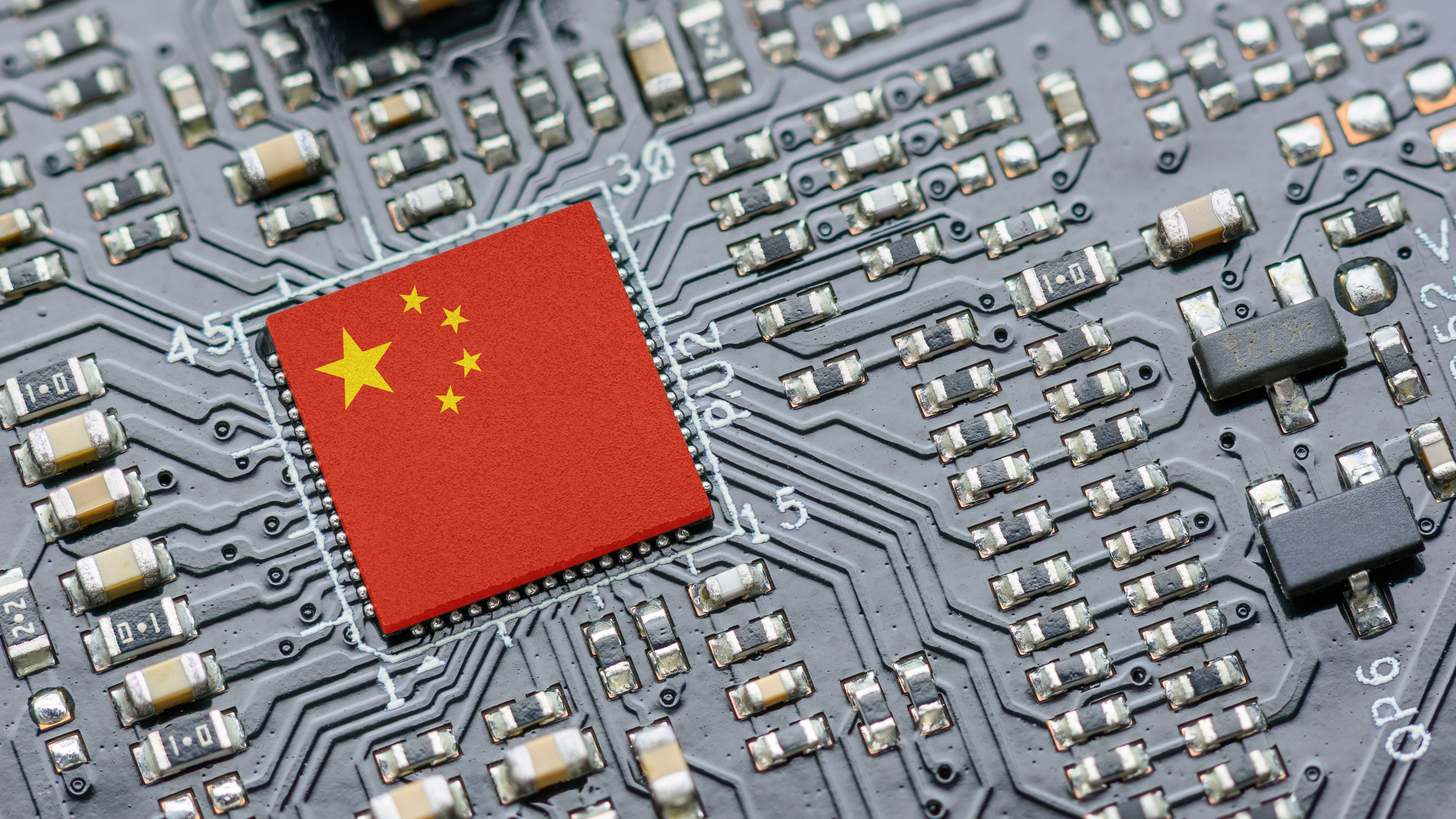China state media says Nvidia H20 GPUs are unsafe and outdated, urges Chinese companies to avoid them — says chip is ‘neither environmentally friendly, nor advanced, nor safe’
State media wants Chinese companies to avoid Nvidia chips.

A social media account linked to Chinese state media wrote an article on WeChat asserting that Nvidia’s H20 chips are neither technologically advanced nor environmentally friendly. According to Reuters, the account, Yuyuan Tantian, is connected to China Central Television, which is a key organization in the country’s state media (propaganda) apparatus.
“When a type of chip is neither environmentally friendly, nor advanced, nor safe, as consumers, we certainly have the option not to buy it,” Yuyuan Tantian said in the article (a translation, we assume).
The H20 chip is Nvidia’s answer to Washington’s ban on high-end AI GPU exports to China. Although its performance is only a fraction of what the top-of-the-line H200 can accomplish, it still sold surprisingly well, resulting in Nvidia posting a record revenue despite temporarily falling under export control between April and July 2025.
Aside from its reduced horsepower, Chinese authorities are also concerned with possible hidden geo-tracking and backdoors in the Green Team silicon. The U.S. Congress introduced a bill to enforce location tracking of high-end gaming and AI GPUs in mid-May, with the White House mulling doing the same earlier this month.
Because of this, China has raised concerns about the security of the H20 chips that Nvidia sells in the country, even going as far as summoning the AI chip giant to explain if it had any backdoor security risks. This isn’t the only criticism of Nvidia in Chinese media in recent times. People’s Daily, the official newspaper of the Central Committee of the Chinese Communist Party, said that Nvidia should convince the Chinese people that its chips do not have security risks. However, the company has firmly denied any such risk, emphasizing that its GPUs have no kill switches, no backdoors, and no spyware.
Although the headlining statement is not from a government source, China often uses state-linked social media accounts to shape its agenda and signal changes in its official stance without making a direct commitment. So, the criticism may be part of a broader campaign to steer domestic firms away from foreign AI hardware and toward homegrown alternatives like Huawei’s Ascend chips.
Despite all these issues, many Chinese organizations and entities still purchase Nvidia products. Aside from the massive demand for H20 AI GPUs, there’s also a burgeoning black market for banned AI chips. It’s been estimated that a billion dollars’ worth of these GPUs have been sold in the past quarter, with some companies already advertising the upcoming B300, which is expected to arrive later this year.
Get Tom's Hardware's best news and in-depth reviews, straight to your inbox.
The WeChat post is likely the central government signaling its people to slowly move away from Nvidia’s products and use alternative homegrown AI GPUs instead. However, the ecosystem that the company delivers makes its local competitors a much less compelling alternative.
Follow Tom's Hardware on Google News to get our up-to-date news, analysis, and reviews in your feeds. Make sure to click the Follow button.

Jowi Morales is a tech enthusiast with years of experience working in the industry. He’s been writing with several tech publications since 2021, where he’s been interested in tech hardware and consumer electronics.
-
aberkae Needs the dragon seal of approval to breathe a firewall to block western eagle prying eyes. :censored:Reply -
HardwiredWireless To sum it all up The Chinese government has decided that the grapes that are out of its reach must surely be sour.Reply -
Zizi Mai Ha..ha..use the same American playbook against them. National Security issue with American chips. China is absolutely brilliant. Hope more of their tech flows out to SEA countries where the private sector can adopt it while governments are under the thumb of US for now.Reply -
endocine how effective is a backdoor or chip level geolocation, networks surely can detect and block activity like thatReply -
Tanakoi Reply
Except that the national security issues with China's products are very real. I don't see NVidia installing secret backdoors in its products like several Chinese router companies have been caught doing, nor secretly spying on political dissidents, like a certain prominent Chinese firm.Zizi Mai said:...use the same American playbook against them. National Security issue with American chips. China is absolutely brilliant. -
Loophero Reply
Brilliant? More like delusional. LBR China’s “brilliance” is mostly built on copying, reverse engineering, and subsidizing whatever the US and other countries have already developed. Export controls exist because access to cutting-edge chips is a real national security issue, not just a “playbook.” And just because private companies in Southeast Asia might get some tech doesn’t mean China has suddenly leapfrogged the US in AI or semiconductors; the fundamentals, like software ecosystems, IP, and advanced fabs, are still mostly American.Zizi Mai said:Ha..ha..use the same American playbook against them. National Security issue with American chips. China is absolutely brilliant. Hope more of their tech flows out to SEA countries where the private sector can adopt it while governments are under the thumb of US for now.